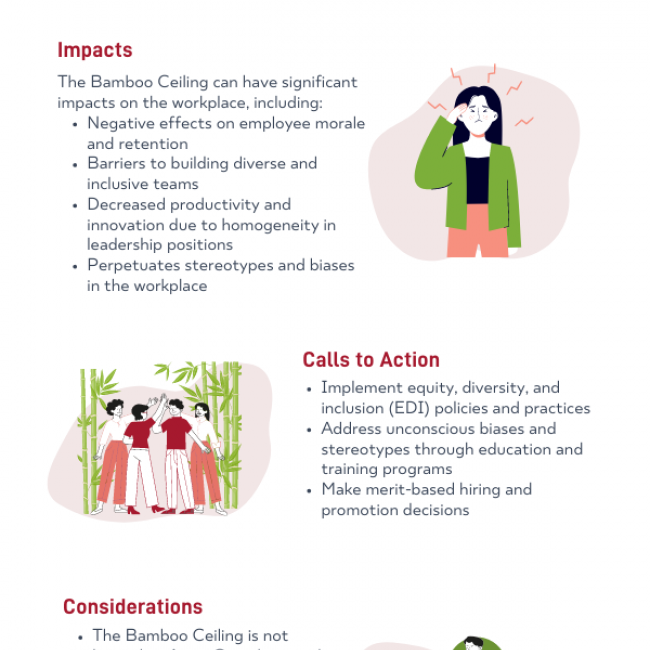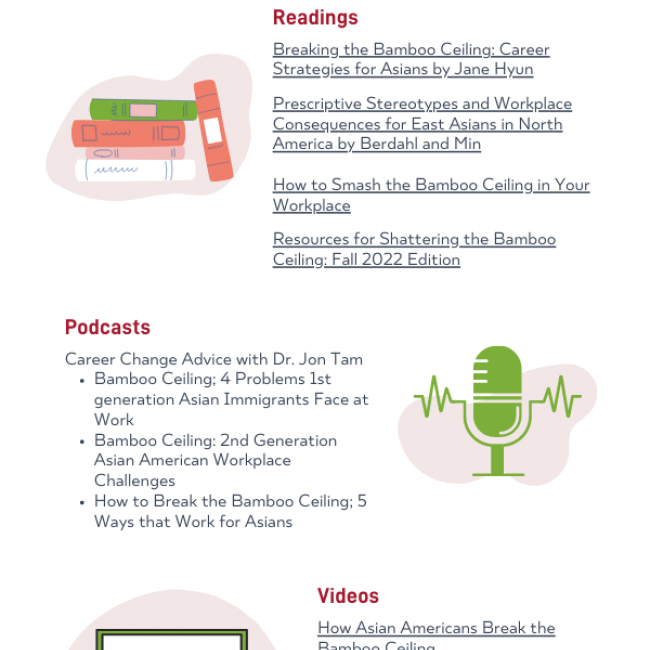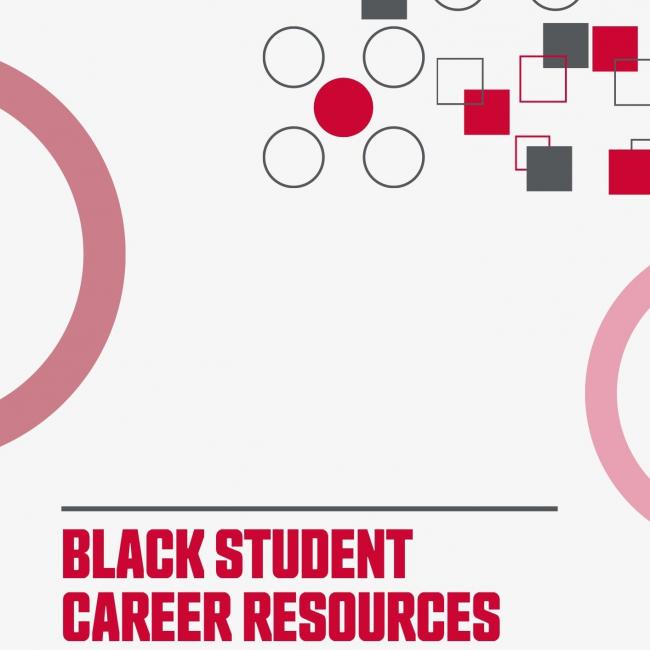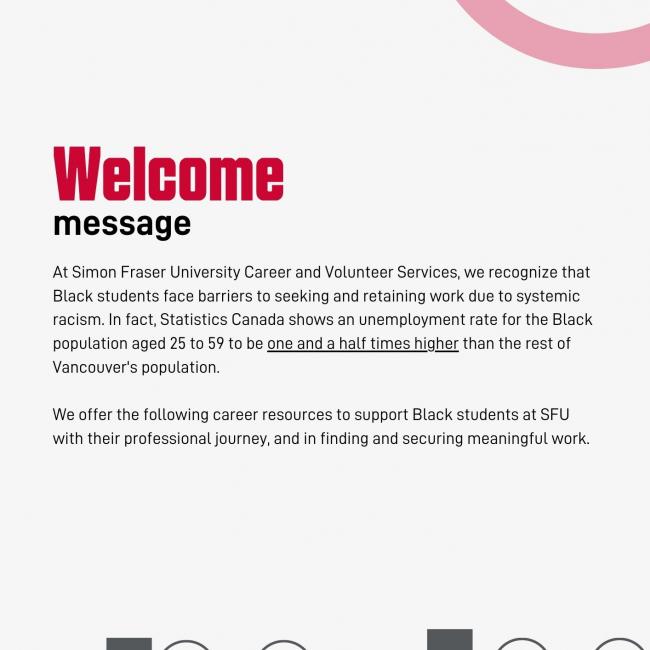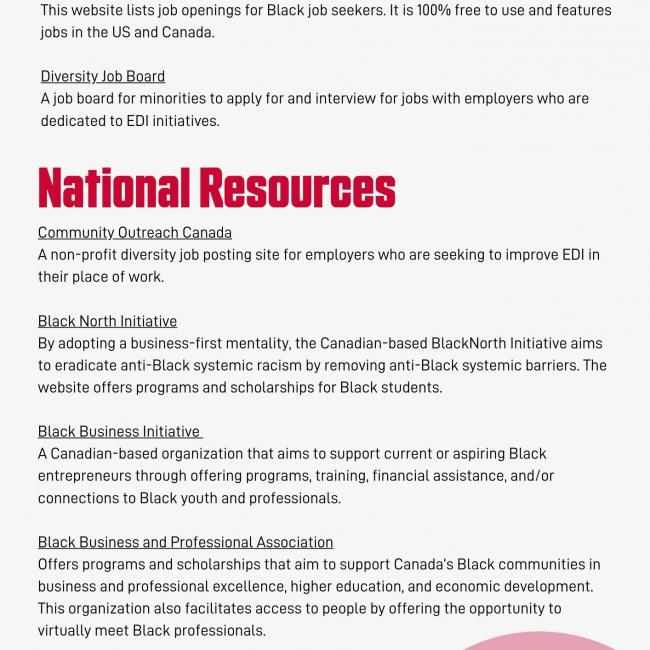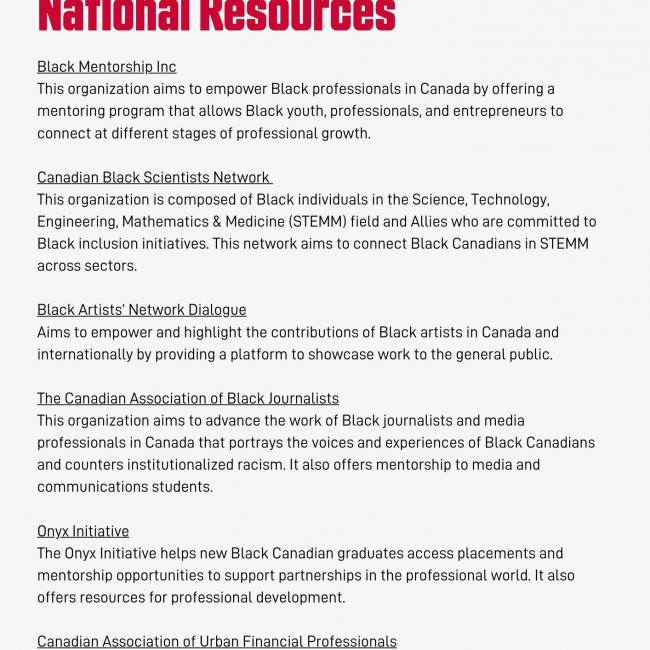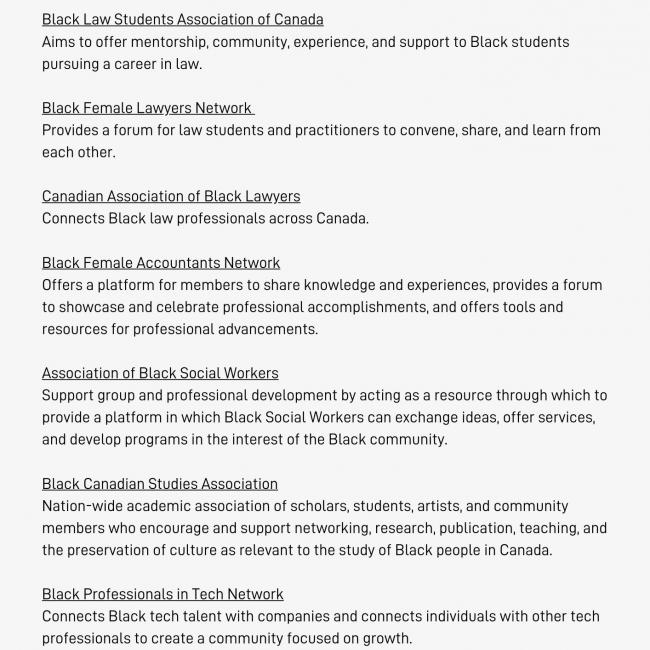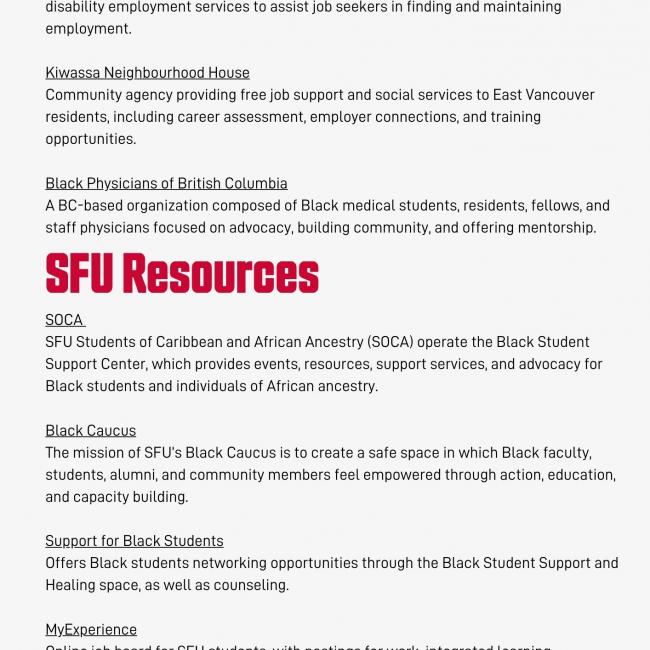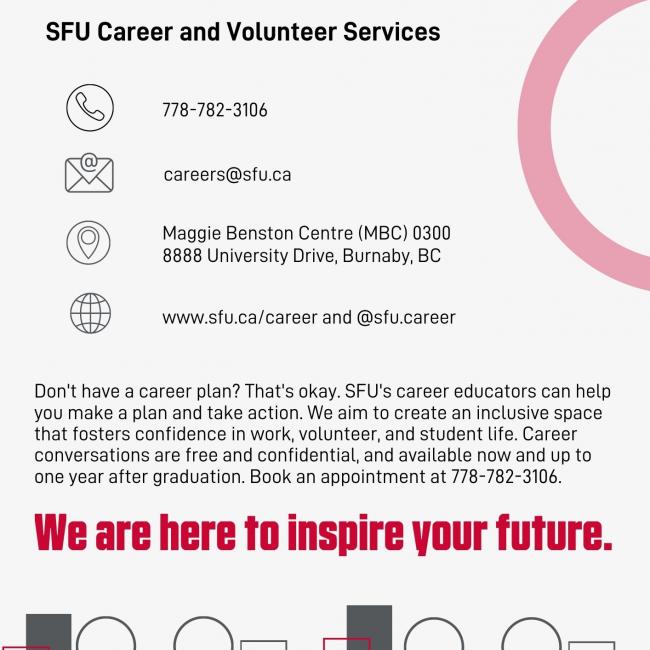Inclusion and accommodation are essential components of a healthy and productive workplace. These factors can significantly impact employees’ ability to succeed in their careers.
As a Person of Colour who works as a Career Peer Advisor, I have been exposed to the difficulties faced by both myself, my colleagues, and my clients when it comes to finding and maintaining employment due to systemic barriers and discrimination. Additionally, in my role as a Master of Public Health student, I have learned about the significant impacts that such barriers and discrimination can have on the well-being of marginalized communities, emphasizing the need for inclusive and equitable workplaces.
One such community that is disproportionately affected by systemic barriers and discrimination is the Black community, which faces significant challenges in accessing employment opportunities. As Career Peer Advisors, we are encouraged to take part in monthly challenges we set for ourselves, and for the month of January, I took on the challenge to create something that could be distributed in February to honour Black History Month and support Black students on campus. Given the realities faced by Black students in accessing employment, I was motivated to use this challenge as an opportunity to develop a career resources guide tailored specifically to the needs of Black students at SFU.
I am proud to have played an active role in developing this guide, which is intended to provide support to Black students at all stages of their professional journey, from exploring career options to securing meaningful employment. My hope is that these resources will provide Black students at SFU with the tools and knowledge necessary to navigate the job market and achieve their career aspirations.
It was a privilege to have the opportunity to contribute to the development of the career resources guide; however, I recognize that it is not enough to simply provide resources. Systemic barriers and discrimination continue to hinder the success of marginalized communities, including the Black community, in the workforce. As such, it is imperative that we continue to work towards creating more equitable and inclusive workplaces and challenging the systemic issues that contribute to these barriers.

















